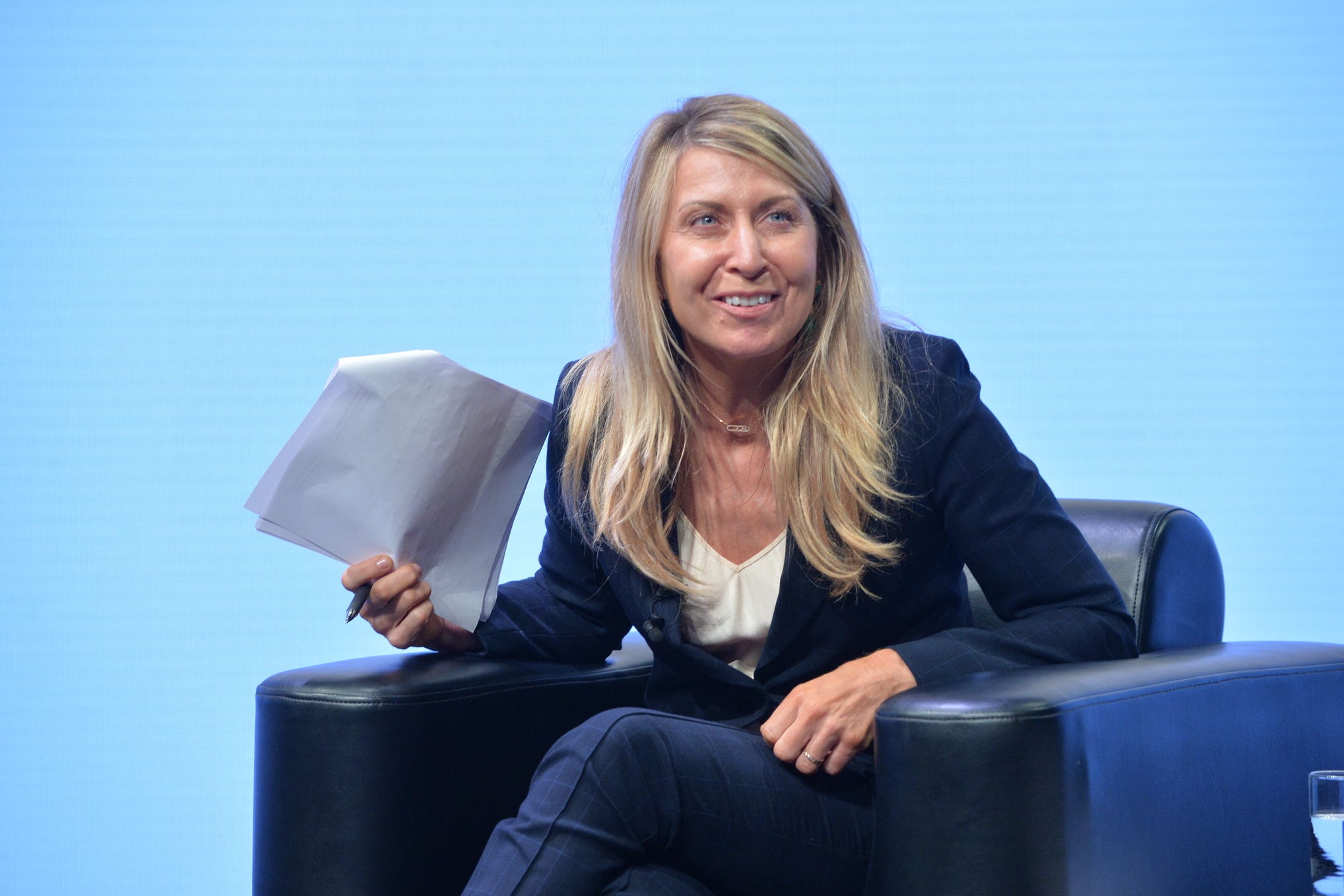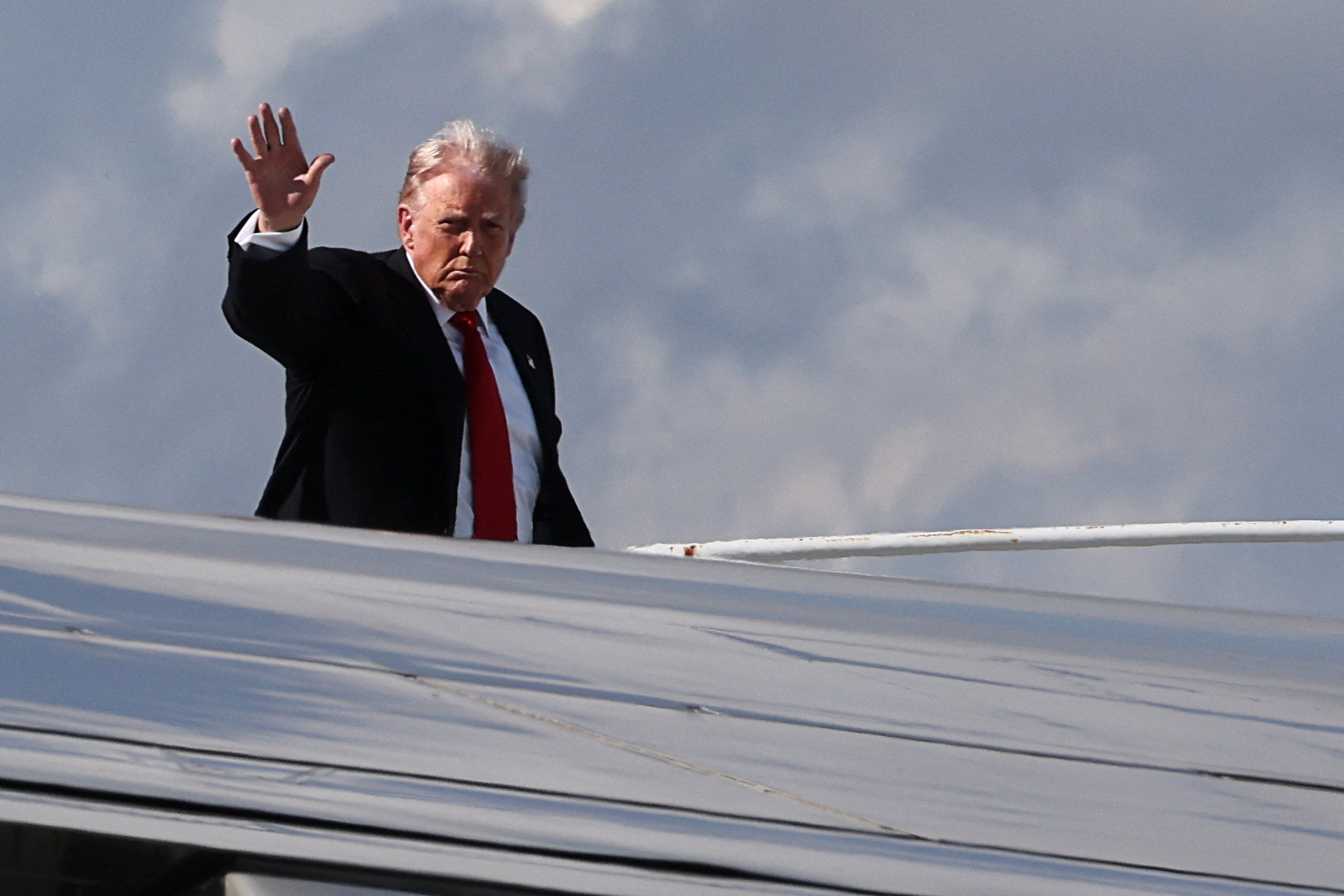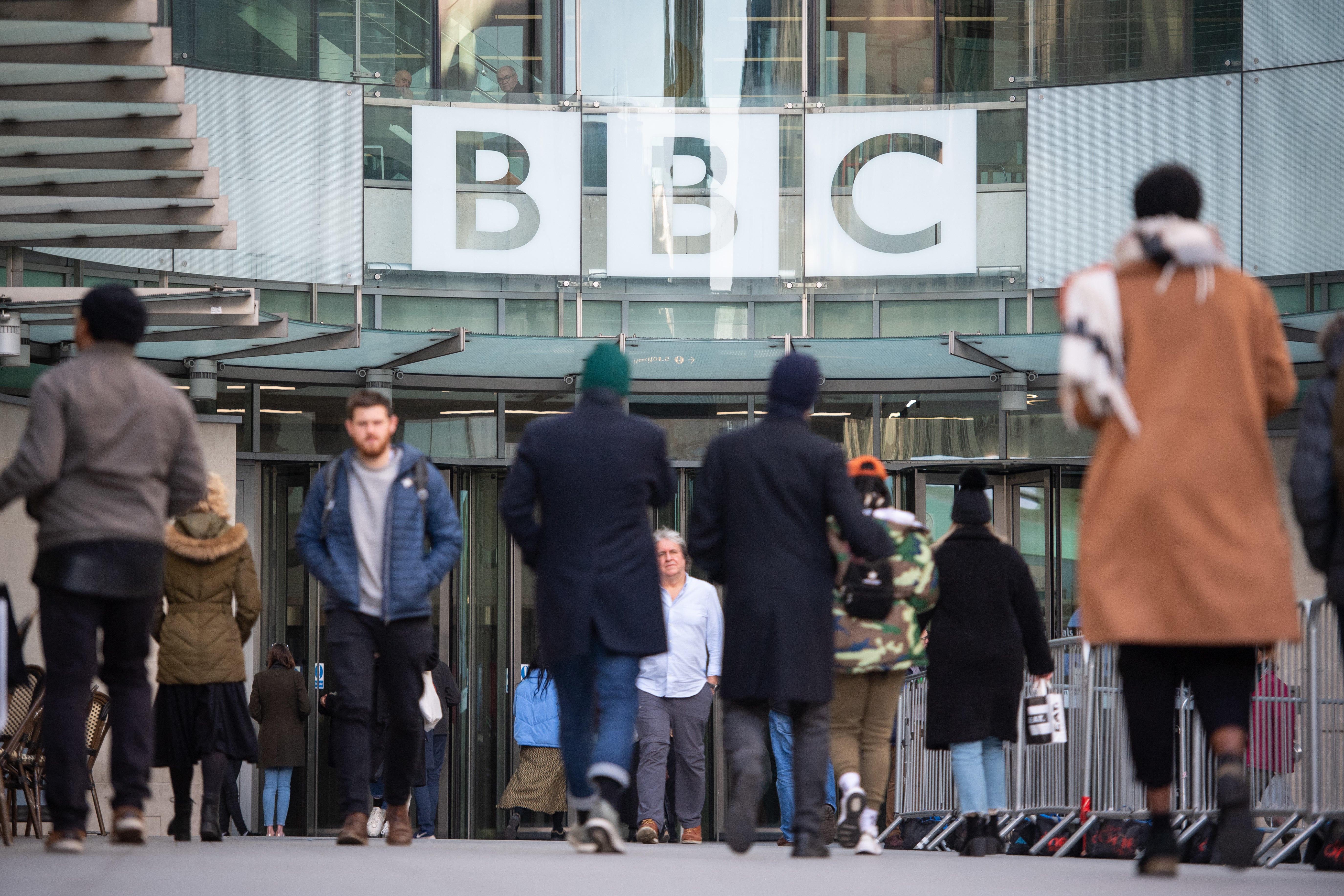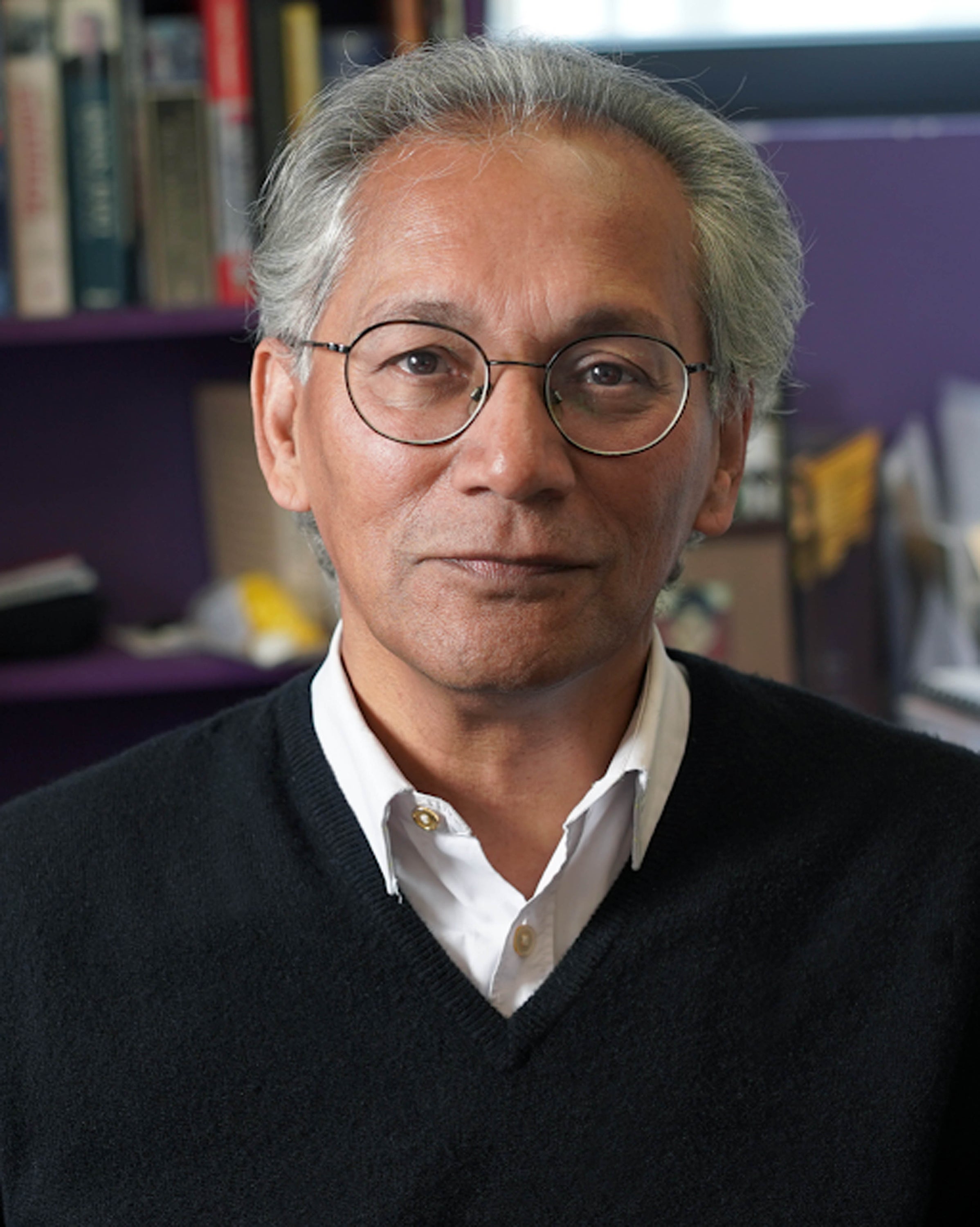BBC director-general Tim Davie and CEO of BBC News Deborah Turness have resigned, as the broadcaster looks to close the door on a scandal-hit period of its recent history.
A tumultuous week for the BBC saw it accused of institutional bias, as criticism flooded in over an edited clip of a Donald Trump speech in a Panorama documentary.
But this was only the latest in a series of controversies and scandals which have scarred the broadcaster in recent years, with accusations of institutional bias levelled at the broadcaster from both sides of the political spectrum.
Follow The Independent’s live coverage of Tim Davie’s resignation here.
In his resignation statement, Mr Davie accepted that “there have been some mistakes” during his time in the role and emphasised that his choice to leave was “entirely my decision”.
He also paid tribute to the organisation, which he said is of “unique value and speaks to the very best of us” - but accepted the broadcaster is “not perfect and must always be open, transparent and accountable”.
Ms Turness also accepted mistakes had been made, but said she is “absolutely clear [that] recent allegations that BBC News is institutionally biased are wrong”.
The Independent looks at the full story of Mr Davie’s and Ms Turness’ time at the BBC - and where it all went wrong.
Who are Tim Davie and Deborah Turness?
Tim Davie, 58, was appointed as BBC director-general in September 2020.
A former Conservative Party candidate for council elections in the 1990s, Mr Davie first joined the BBC as a marketing director in April 2005.
He became Director of Audio & Music in 2008, sitting on the BBC’s Executive Board, before he took over as acting director-general in November 2012. He held this position until April 2013, when Tony Hall was appointed.
He served as chief executive of BBC Studios before becoming director-general in a permanent capacity.
Deborah Turness had been CEO of BBC News since 2022, where she oversaw the broadcaster’s news and current affairs output.

She was responsible for a team of around 6,000 people, broadcasting to almost half a billion people worldwide in more than 40 languages.
Ms Turness previously served as president of NBC News and CEO of ITN.
Why did they resign?
Recent months and years have seen the BBC embroiled in repeated controversies over a number of different issues.
One key criticism was directed at the BBC from all sides of the political spectrum: impartiality.
This came to a head in the past week, when the BBC was accused of bias against Donald Trump amid controversy around a BBC panorama episode called Trump: A Second Chance?
A clip in the programme, broadcast the week before last year’s US election, spliced clips together from sections of the US president’s speech on 6 January 2021 to make it appear he told supporters he was going to walk to the US Capitol with them to “fight like hell”.

In the original speech, Trump said: "We're going to walk down to the Capitol, and we're going to cheer on our brave senators and congressmen and women."
But the edit put the first part of that speech with another section from 50 minutes later, so he was shown saying: "We're going to walk down to the Capitol... and I'll be there with you. And we fight. We fight like hell."
It drew fierce criticism from The White House, with press secretary Karoline Leavitt telling The Telegraph it “purposefully dishonestly, selectively edited clip by the BBC is further evidence that they are total, 100 per cent fake news that should no longer be worth the time on the television screens of the great people of the United Kingdom”.
Mr Davie said in his resignation statement that while it was not the only reason, the “current debate around BBC News has understandably contributed to my decision”.
He added: “Like all public organisations, the BBC is not perfect, and we must always be open, transparent and accountable.”
In her statement, Ms Turness said: "The ongoing controversy around the Panorama on President Trump has reached a stage where it is causing damage to the BBC – an institution that I love.
"As the CEO of BBC News and Current Affairs, the buck stops with me - and I took the decision to offer my resignation to the director general last night."
What has the reaction been?
Mr Davie’s resignation has been welcomed enthusiastically by some parts of the political spectrum and less so by others.
Figures on the right wing have responded on both sides of the Atlantic.
“The TOP people in the BBC, including TIM DAVIE, the BOSS, are all quitting/FIRED, because they were caught ‘doctoring’ my very good (PERFECT!) speech of January 6th,” Trump wrote on Truth Social on Sunday evening.
“Thank you to The Telegraph for exposing these Corrupt ‘Journalists.’ These are very dishonest people who tried to step on the scales of a Presidential Election,” he said.

Kemi Badenoch said Tim Davie and Deborah Turness had “finally taken responsibility” but that a “catalogue of serious failures” at the BBC “runs far deeper”.
Nigel Farage, meanwhile, said the resignation of Tim Davie and Deborah Turness must be “the start of wholesale change”.
In contrast culture secretary Lisa Nandy thanked Mr Davie for his “service to public broadcasting over many years” and recognising that he had led the BBC through a “period of significant change and helped the organisation to grip the challenges it has faced in recent years”.
Liberal Democrat leader Sir Ed Davey called on the BBC to “turn a new leaf, rebuild trust and not give in to the likes of Nigel Farage who want to destroy it”.
How will Davie’s replacement be chosen?
The director-general will be appointed by the BBC Board, led by chair Samir Shah who is one of 10 non-executive members plus four executive members - including the director-general.
Four of the non-executive members are appointed as members for each of the UK nations.

The process will be led by the BBC Board’s nominations committee, and it will be made under the terms of the BBC’s Charter, which is drawn up by the government.
Mr Davie’s successor will be the 18th director-general in 103 years of the BBC’s existence.
BBC director-general Tim Davie to step down following Trump speech edit
D.C. holds its breath as reported shutdown deal inches closer to reality
How will the new BBC director-general be chosen?
Trump hits out at ‘dishonest’ BBC after director-general Time Davie resigns: Live
Remembrance Sunday marked in events across the island of Ireland
Trump’s press secretary celebrates after Tim Davie resigns as BBC director-general







